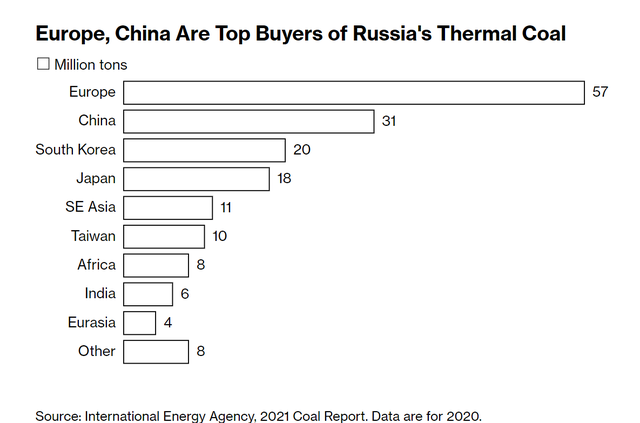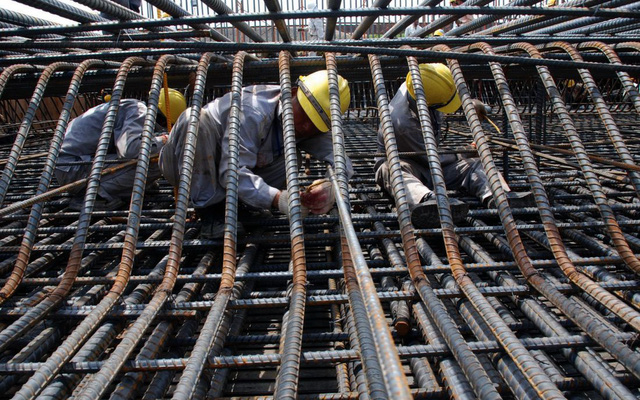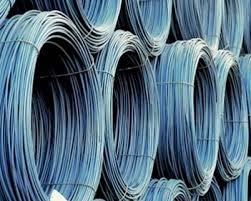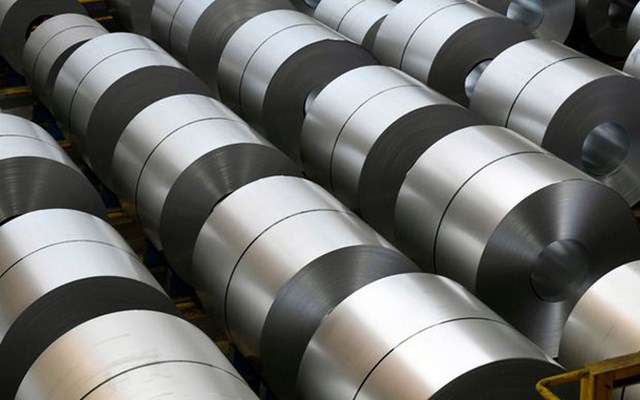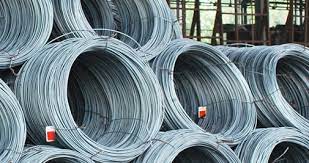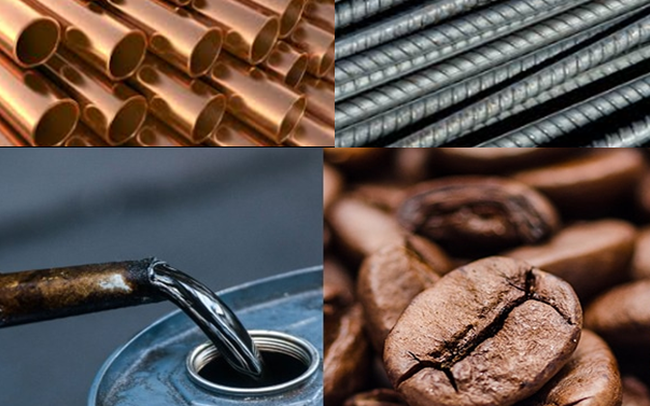EU proposes banning coal imports from Russia with a series of new sanctions.
According to Bloomberg, European Commission President Ursula von der Leyen said that the European Union (EU) is considering a ban on coal imports from Russia after new developments in the Ukraine battlefield.
Ms. von der Leyen said that under the new proposal, coal worth 4 billion euros ($4.4 billion) from Russia would be banned from entering Europe. European businesses will have three months to gradually reduce imports of Russian coal, before new contracts are completely banned.
According to the source, the new sanctions will also include a ban on cargo ships and trucks from Russia to ports or entering EU borders, with the exception of agricultural products, humanitarian aid and energy.
In addition to the above bans, the EU can also extend export controls to the defense sector and other industries to Russia, including technologies and equipment for mining activities. Oil and Gas.
However, according to Bloomberg, EU currently has no plans to introduce restrictive measures on gas from Russia. Accordingly, there is a deep divide in the issue of energy supply from Russia among EU countries, some want to immediately stop importing energy from Russia, while other countries offer a plan to reduce energy consumption. depends on each part.
“We are working on additional sanctions including oil imports and looking at some of the ideas that member states have come up with, such as taxes or specific payment channels like escrow accounts. “, said Mrs. Leyen.
A senior EU official said one option in the event of a complete oil ban was to phase out Russian oil gradually and use Europe’s strategic oil reserves to cushion the impact. Another option would be to impose taxes on the sector, while a third option would be to create an escrow account to freeze the extra profits that Russia is driving down oil prices, the official said.
Some governments, including Germany and Hungary, oppose extending sanctions to Russia’s energy sector, but recent accusations against Russia have prompted some Eastern European members to push for tougher measures. this. EU leaders have endorsed Russia’s goal of ending dependence on fossil fuels by 2027.
The adoption of the package and the coal ban requires the support of all 27 member states.
Europe and China are the two biggest buyers of Russian thermal coal.
The EU depends on Russia for about 45% of coal imports, 45% of gas and about 25% of oil imports, according to the European Commission’s website.
The EU imports nearly 70% of thermal coal from Russia, which is used in electricity and heat generation, according to Brussels-based thinktank Bruegel. Russia’s smelting coal, used in iron and steelmaking, accounts for between 20% and 30% of EU coal imports. In which, Germany, Poland and the Netherlands are the largest consumers of Russian coal in Europe.
Earlier, Reuters reported that the European Union intended to impose sanctions on the import of a number of Russian products. Specifically, it prohibits the sale of quantum computers, advanced semiconductors, sensitive machinery and transport equipment worth 10 billion euros a year to Russia. The bloc of 27 countries will stop importing timber, cement, seafood and wine from Russia, with a total value of about 5.5 billion euros.
The head of the EU’s diplomatic service, Josep Borrell, previously said that the European Union would agree on a new package of sanctions against Russia on April 5 in light of the situation in Ukraine, but denied the report. on the ban on gas imports from Russia.
Even before the sanctions, European energy companies struggled to get hold of Russian coal. Banks have refused to finance the commodities business, forcing some of the continent’s biggest utilities to buy coal in South Africa and Australia.
Coal for delivery at the beginning of the year to Northwest Europe increased 7.9% to 205 USD/ton. Russia supplies about half of the continent’s thermal coal, which is used to fuel power plants and generate electricity.
Coal prices in the United States exceeded $100 a tonne, their highest since 2008 as the war in Ukraine hit energy markets and an economic recovery spurred demand for fossil fuels.
The price of coal from the Central Appalachian region last weekend was 106 USD/ton, the highest level since 2008. The price of this commodity from Illinois was 110 USD/ton, the highest since 2005.
Reference: Bloomberg
T&G International Joint Stock Company
Address: 352 Hue Street, Le Dai Hanh Ward, Hai Ba Trung District, Hanoi
Hotline: 0345786803
Email: hrm@tginterjsc.com
Website: http://tginternationaljsc.com



